
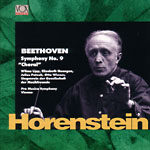
Comparatively speaking, there’s nothing particularly characterful here. Jascha Horenstein paces the first movement with urgency and clarity, generating considerable excitement at the climaxes–but then, so

Uli Schneider’s arrangements of Beethoven’s first two piano concertos for string quintet and piano serve little purpose other than to prove that Beethoven’s originals are
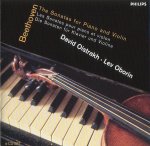
With the return of these stereo recordings by David Oistrakh and Lev Oborin (made in Paris in 1962), many collectors will find an automatic first
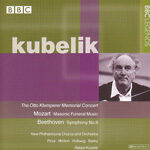
Perhaps the main reason you’d want this disc would be as a souvenir of the Otto Klemperer Memorial Concert, held on January 14, 1974 (assuming,
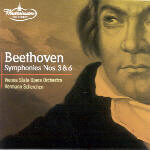
Scherchen’s “Eroica” rocks. Adopting what at the time (1958) seemed absurdly fast speeds in the outer movements, a funeral march bereft of excessive sentiment, top-to-bottom
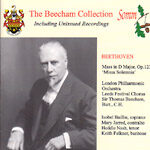
This performance, captured live on October 5, 1937 in Leeds Town Hall, is the only document of Thomas Beecham conducting Beethoven’s monumental Missa solemnis, and

This Eroica is contemporaneous with Karajan’s celebrated 1962 complete Beethoven cycle, also with the Berlin Philharmonic, and it points up some striking differences in approach.
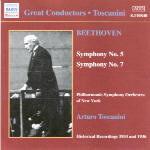
Hearing these classic recordings (the Fifth was never officially authorized for release and therefore is not to be found in RCA’s Toscanini Edition) begs the

Murray Perahia’s Amsterdam Concertgebouw recordings (with Bernard Haitink) of the Beethoven piano concertos were widely praised in some quarters; the first four were superb even
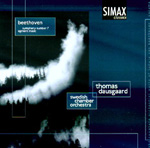
Thomas Dausgaard’s reading of Beethoven’s Seventh Symphony is Wagner’s “Apotheosis of the dance” made manifest. This is a performance of boundless energy and irresistible spirit
![]()
